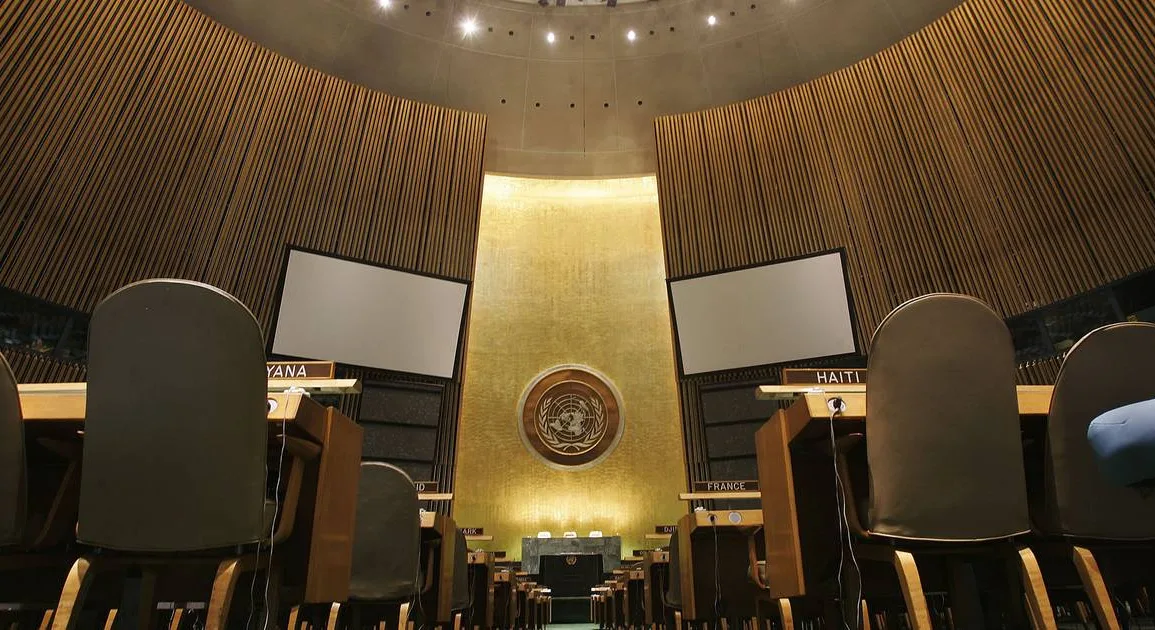The United Nations announced that countries who were involved in the transatlantic slave trade should consider paying reparations to the descendants of enslaved Africans, Reuters reports.
On Tuesday, a report conducted by UN Secretary-General Antonio Guterres revealed that no country has adequately addressed the dehumanizing, long-lasting impact of the legacy of slavery that forcibly removed “an estimated 25 million to 30 million people from Africa over more than 400 years.”
“Under international human rights law, compensation for any economically assessable damage, as appropriate and proportional to the gravity of the violation and the circumstances of each case, may also constitute a form of reparations,” the report read.
“In the context of historical wrongs and harms suffered as a result of colonialism and enslavement, the assessment of the economic damage can be extremely difficult owing to the length of time passed and the difficulty of identifying the perpetrators and victims,” the report continued.
Additionally, the report noted how extremely complicated reparations are from a legal standpoint but that rationale “cannot be the basis for nullifying the existence of underlying legal obligations.”
Calls for reparations have been gaining momentum in countries throughout the Pan-African Diaspora. In early September, several Caribbean countries that were once colonized by Great Britain announced plans to send letters to the British royal family, the Church of England, and Lloyd’s of London to demand reparations and an official apology for their role in the slave trade.
While King Charles III, has previously shared his “personal sorrow” for the immense suffering and pledged to “deepen my own understanding of slavery’s enduring impact,” he is yet to give a formal apology on behalf of the United Kingdom
“We are hoping that King Charles will revisit the issue of reparations and make a more profound statement beginning with an apology and that he would make resources from the royal family available for reparative justice,” said Arley Gill, chair of Grenada’s reparations commission.
In July, the leadership of the European Union (EU) expressed deep regret for benefiting from the Transatlantic slave trade and described the horrific moment in history as a “crime against humanity.”


